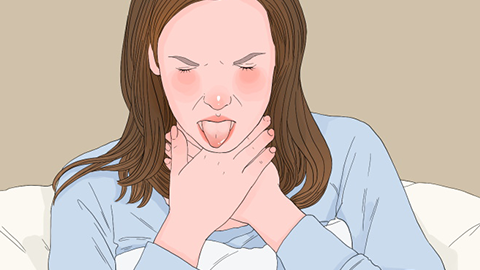Which department should you visit for a tongue burn?
For tongue burns, you can visit departments such as dentistry, oral mucosal disease, emergency medicine, general practice, or otolaryngology (ENT), depending on the severity and symptoms. For example, mild burns are best treated in a dental clinic, while severe burns should be evaluated first in the emergency department. If large blisters, bleeding, or difficulty swallowing occur after the burn, seek immediate medical attention at a hospital.

1. **Dentistry**: Primarily manages mild to moderate tongue burns. The extent of injury is assessed through an oral examination, and medications that promote mucosal healing—such as mouthwashes and gels—are prescribed. Patients are also given guidance on daily care to accelerate wound healing and prevent infection.
2. **Oral Mucosal Disease Department**: Specializes in cases where the oral mucosa repeatedly breaks down, heals slowly, or is accompanied by inflammation following a tongue burn. Through specialized examinations, the degree of mucosal damage is determined, and personalized treatment plans are developed, including the use of mucosal protectants to speed up recovery.
3. **Emergency Department**: Recommended for severe tongue burns, especially when there are extensive ruptured blisters, bleeding, severe pain, or complications such as breathing difficulties or trouble swallowing. Immediate interventions include hemostasis (stopping bleeding) and anti-infection treatments to stabilize the patient’s condition.
4. **General Practice**: Suitable for mild tongue burns when access to specialty care is limited. A basic evaluation determines the burn severity, and simple management advice is provided along with common healing medications. If the condition is complex, timely referral to a specialist department is facilitated.
5. **Otolaryngology (ENT)**: Appropriate when the burn extends to the pharynx (throat), causing throat pain, discomfort during swallowing, or voice changes. A laryngoscopy may be performed to assess the condition of the mucosa in the throat, followed by targeted treatments to relieve symptoms.
For daily care, avoid consuming hot, spicy, or hard foods. Opt instead for cool, soft, liquid, or semi-liquid diets. Gently rinse your mouth with a mild antiseptic mouthwash after meals. Do not puncture blisters yourself, as this may lead to wound infection.




